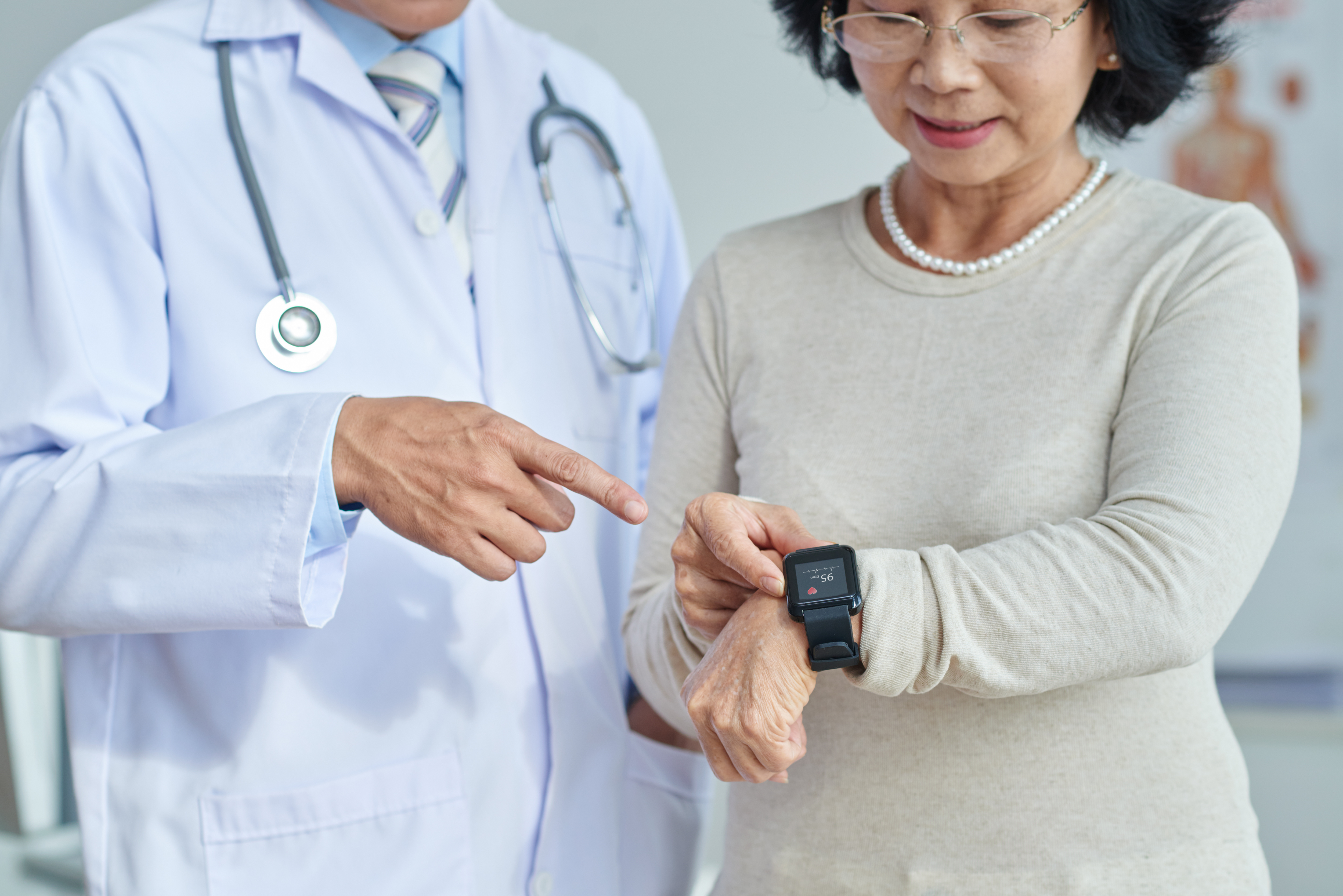
January 8, 2020
Healthcare Data Management, Healthcare Technology, Healthcare Technology News and Events, High Risk Patients, Improve Patient Compliance, Patient Engagement Solutions, Patient Generated Health Data SHARE
Data Collected from Seizure Monitors Can Improve Outcomes and Reduce Costs of Managing Chronic Conditions
Patient Generated Health Data from Smart Watches Ensures Accurate Seizure Tracking and Reporting
Epilepsy is one of the most common neurological illnesses with estimates of approximately 3.4 million people in the US experiencing active epilepsy in 2015. Despite advancements in treatment options and optimal medication management, nearly one-third of patients with epilepsy continue to have seizures. Seizures can negatively impact the overall quality of a person’s life due to their unpredictable nature, occurring at anytime and anywhere. Healthcare technology has come to the aid of people who have seizures with the development of seizure monitors or seizure alert devices that can detect the onset of a seizure and make an alert so that the individual suffering the seizure can be aided quickly. Good seizure monitors can also provide clinicians with detailed seizure data that can be used in the management of epilepsy.
There are many seizure alert devices on the market including seizure bed alarms or mattress sensors, seizure bracelets and smart watches, and camera/video/infrared devices. The report, “Seizure detection, seizure prediction, and closed-loop warning systems in epilepsy,” explored various seizure detection and prediction systems and noted that accelerometers such as smart watches, detect changes in velocity and direction and may serve to detect motor seizures such as tonic–clonic or myoclonic seizures. The authors found that a smart watch was able to detect 7 out of 8 tonic–clonic seizures in a pilot study. It further noted that the SmartWatch, manufactured by Smart Monitor Inc.:
· utilized pattern recognition and feature analysis in its built-in seizure detection algorithm
· can synchronize with a smartphone application via Bluetooth to transmit seizure data to the user’s mobile phone
· the app can then contact caretakers to alert them of ongoing seizures
It is evident that the patient generated health data collected by smart watches can provide accurate tracking and reporting of seizures. Seizure monitor technology and seizure alert devices are very useful for patient engagement and can produce improved patient outcomes through use of the patient generated health data that they provide. The use of seizure monitors such as smart watches allows for early intervention in patients experiencing seizures, preventing injury, lessening the severity of the seizure, and potentially preventing sudden unexpected death in epilepsy (SUDEP). Seizure monitors also provide objective data that can be leveraged by healthcare providers to adjust therapy, allowing for better management of the patient with epilepsy and resulting in cost savings from reduced hospitalizations.